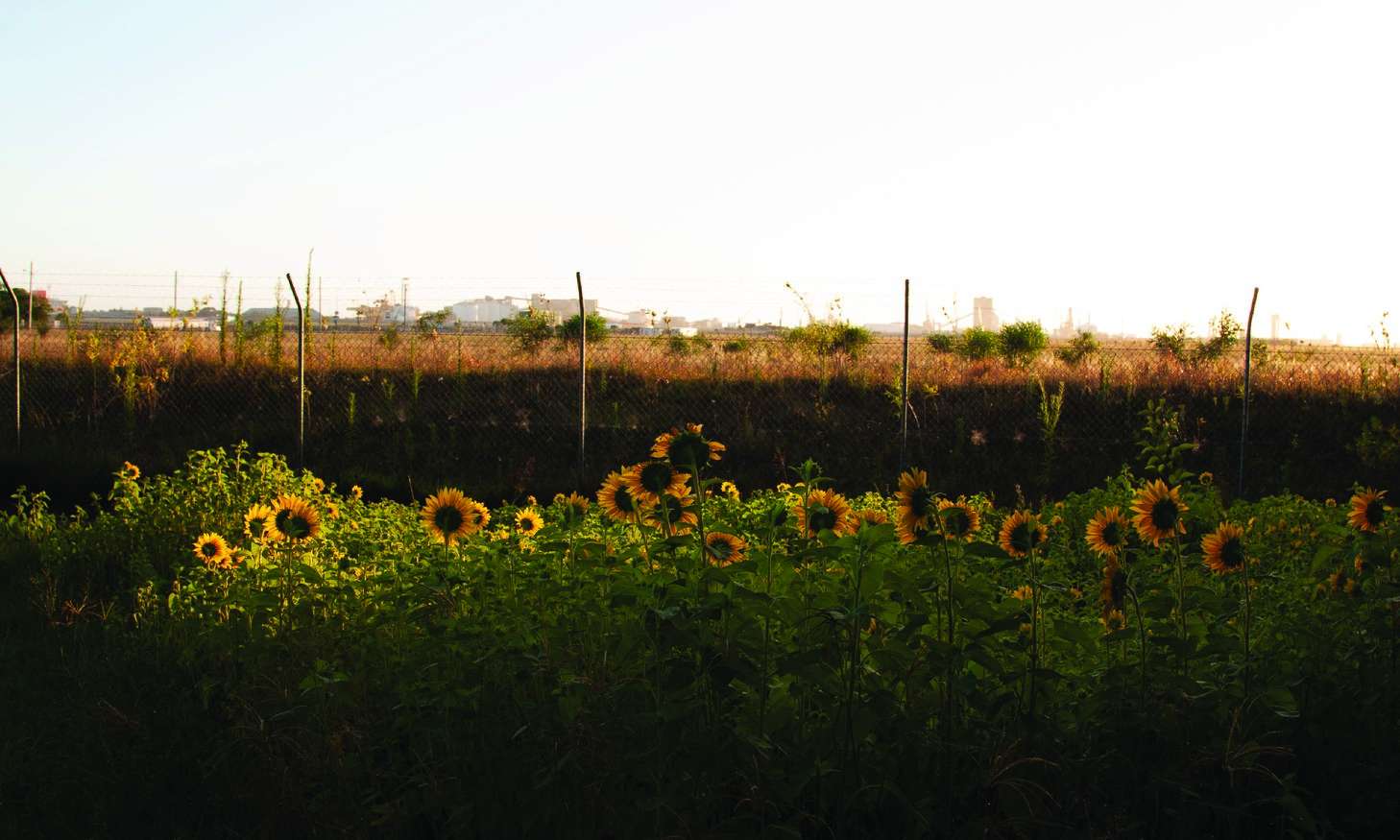
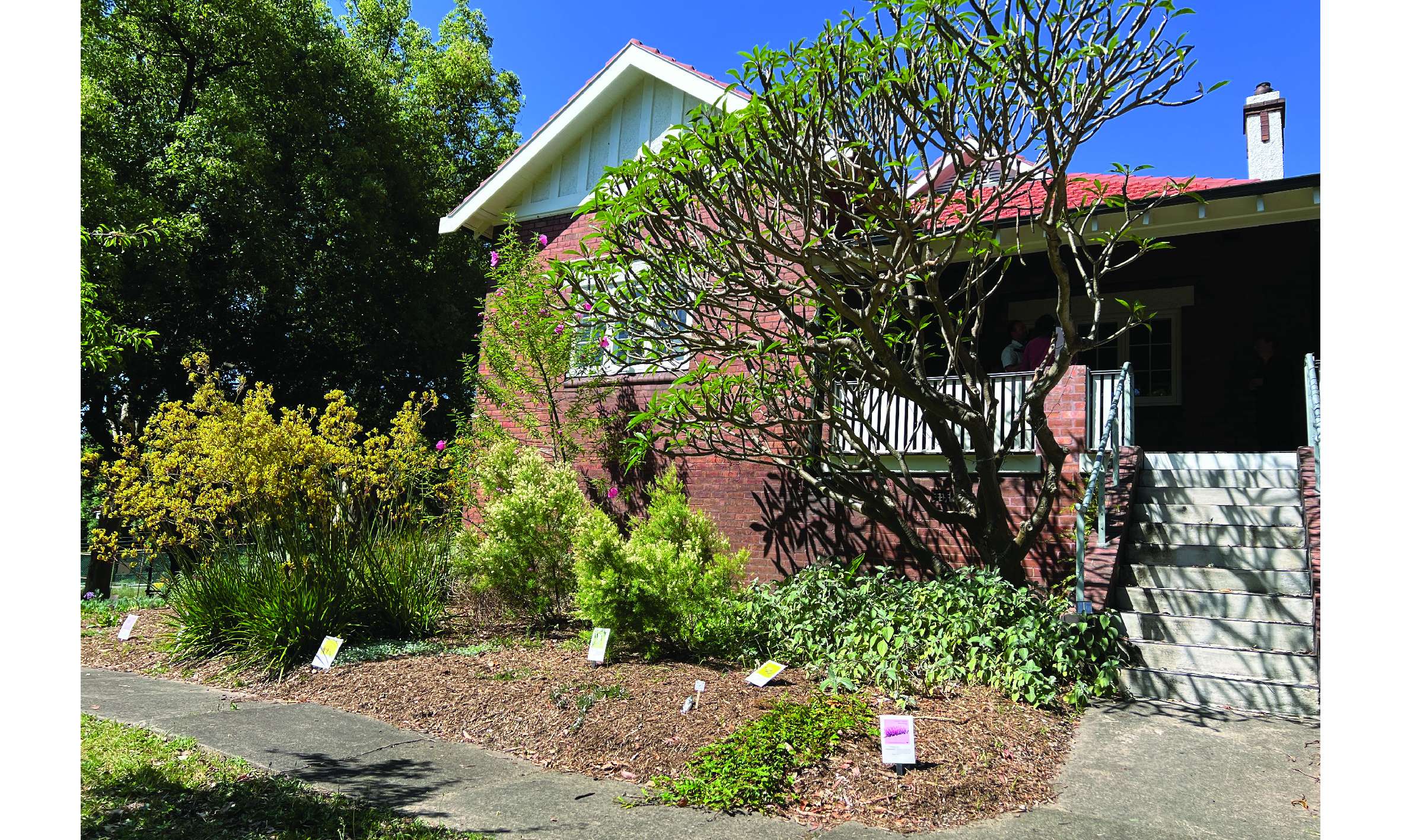
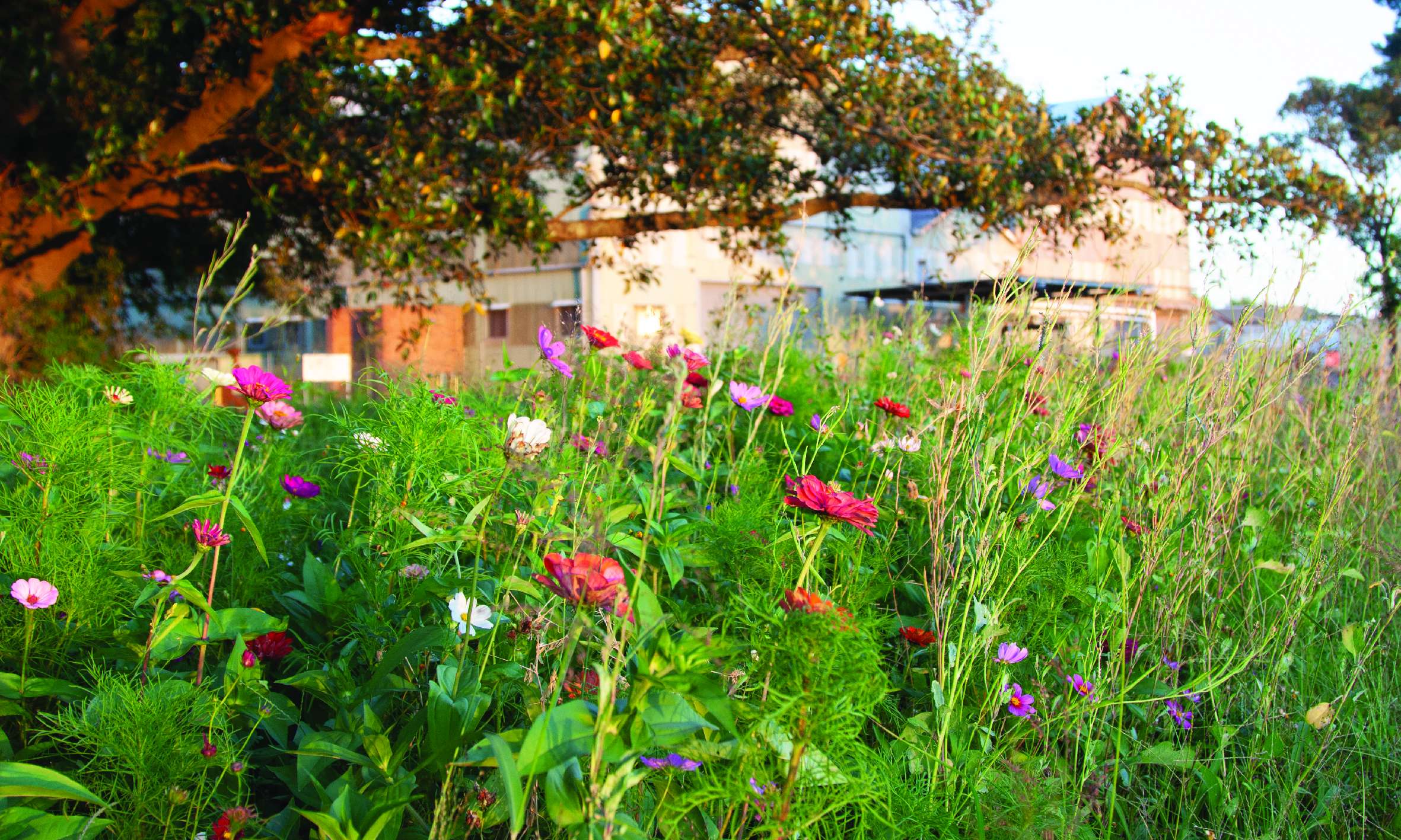
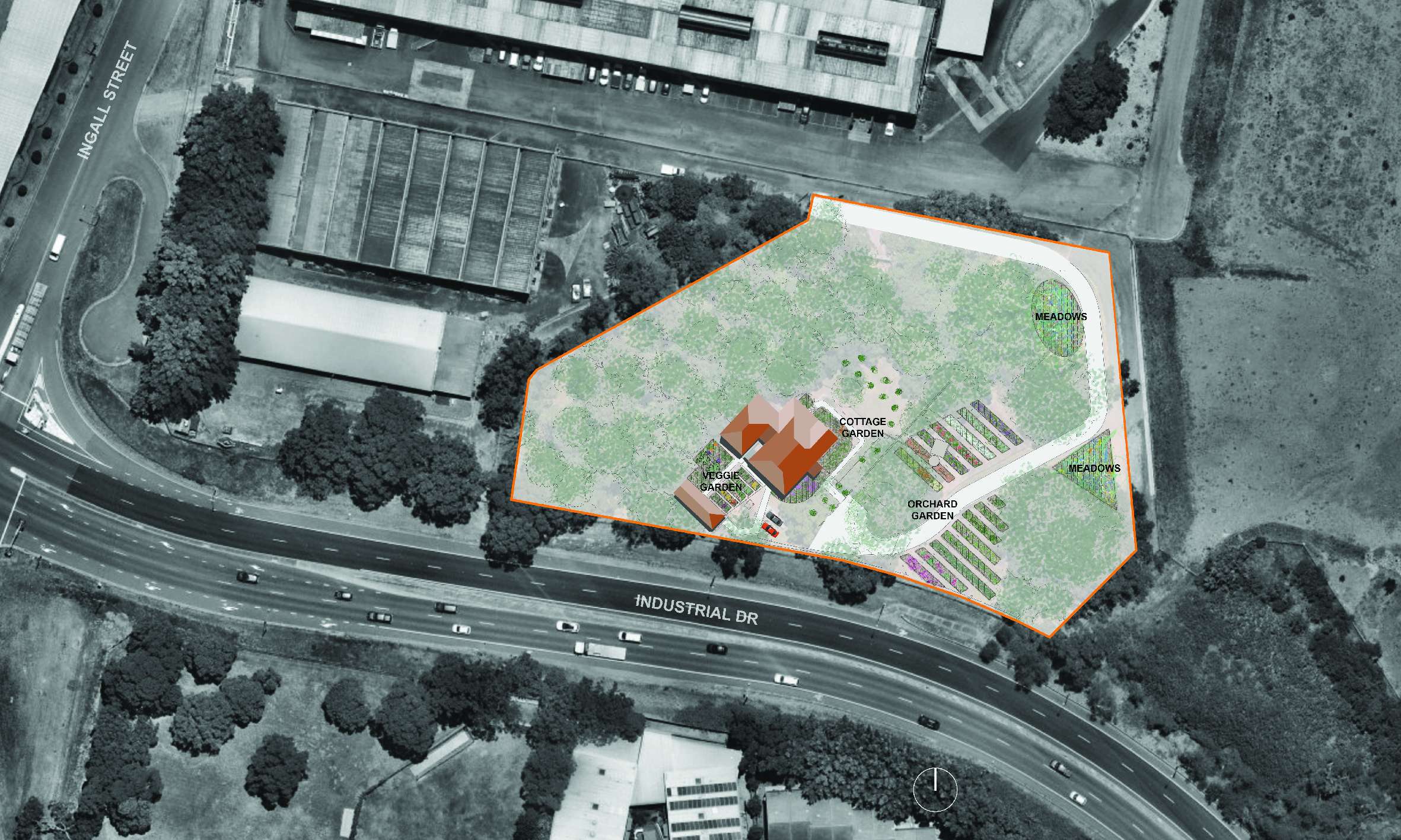
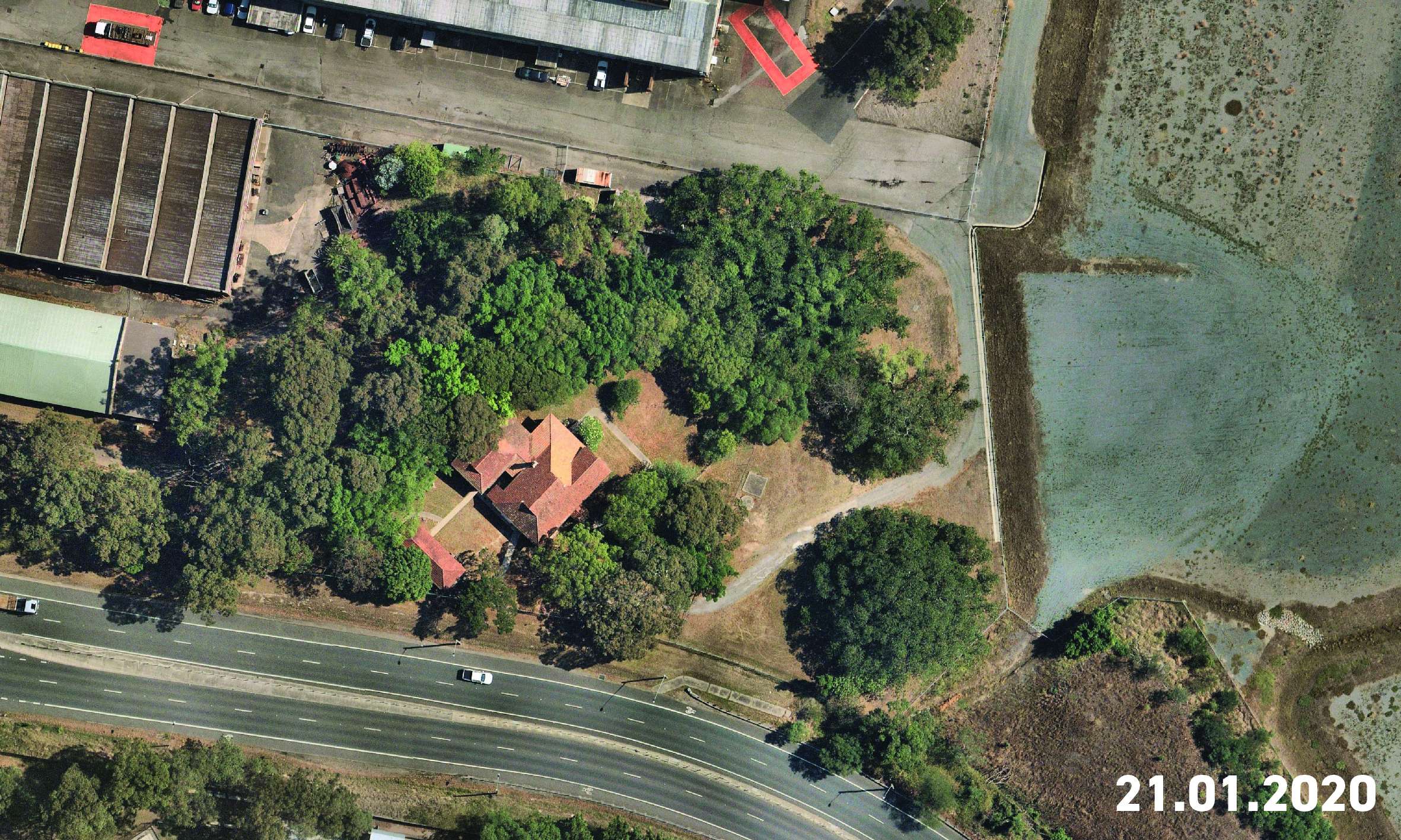
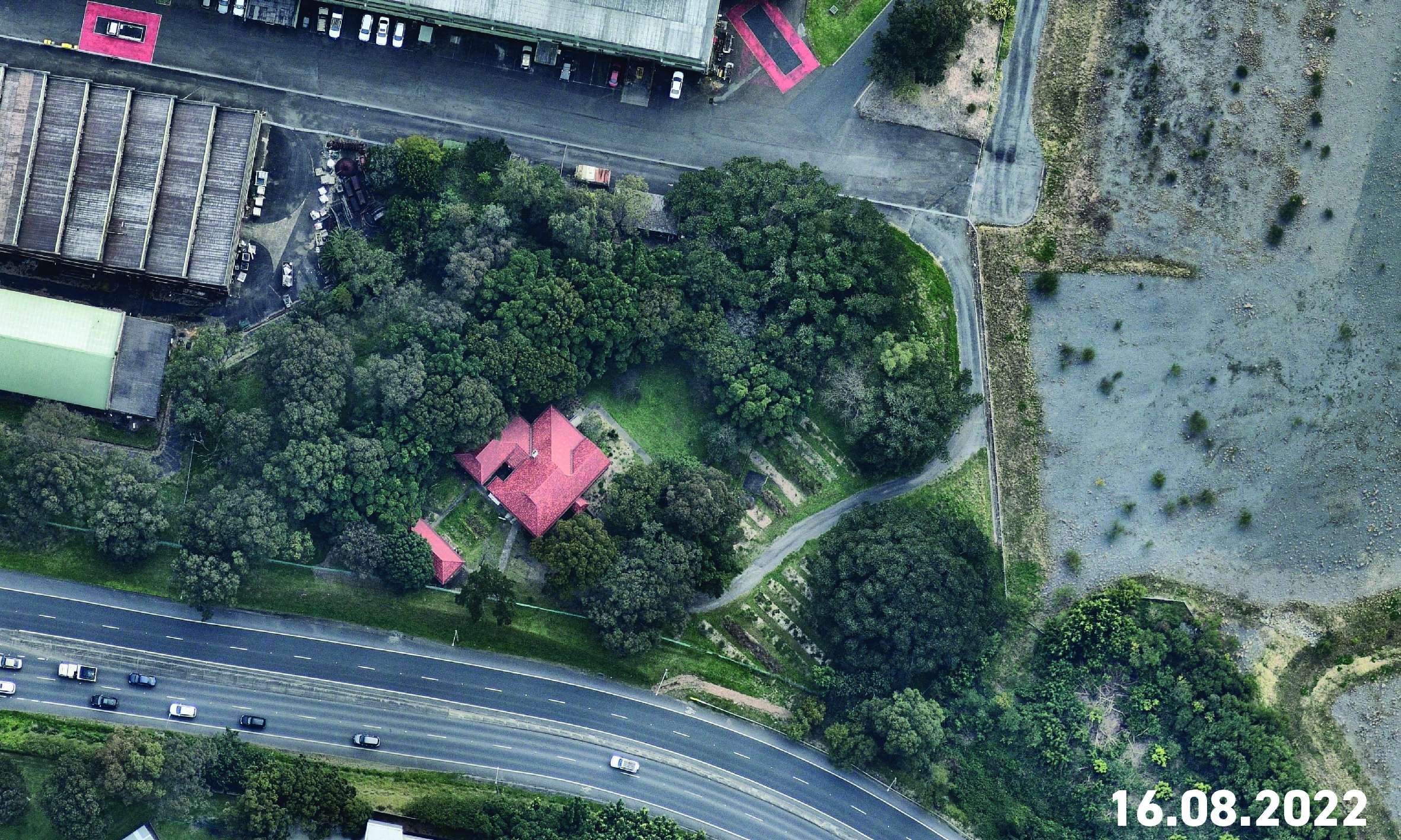
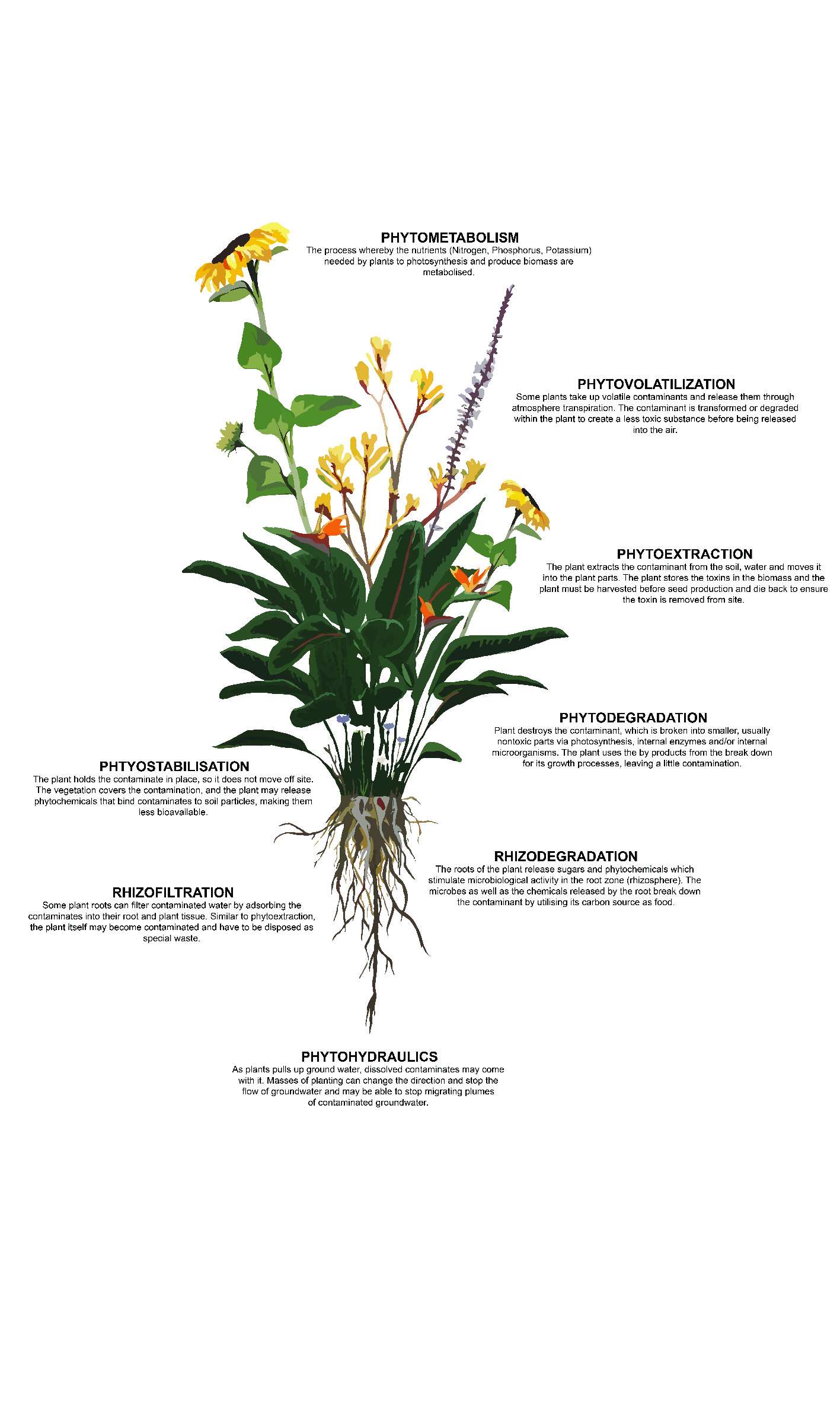
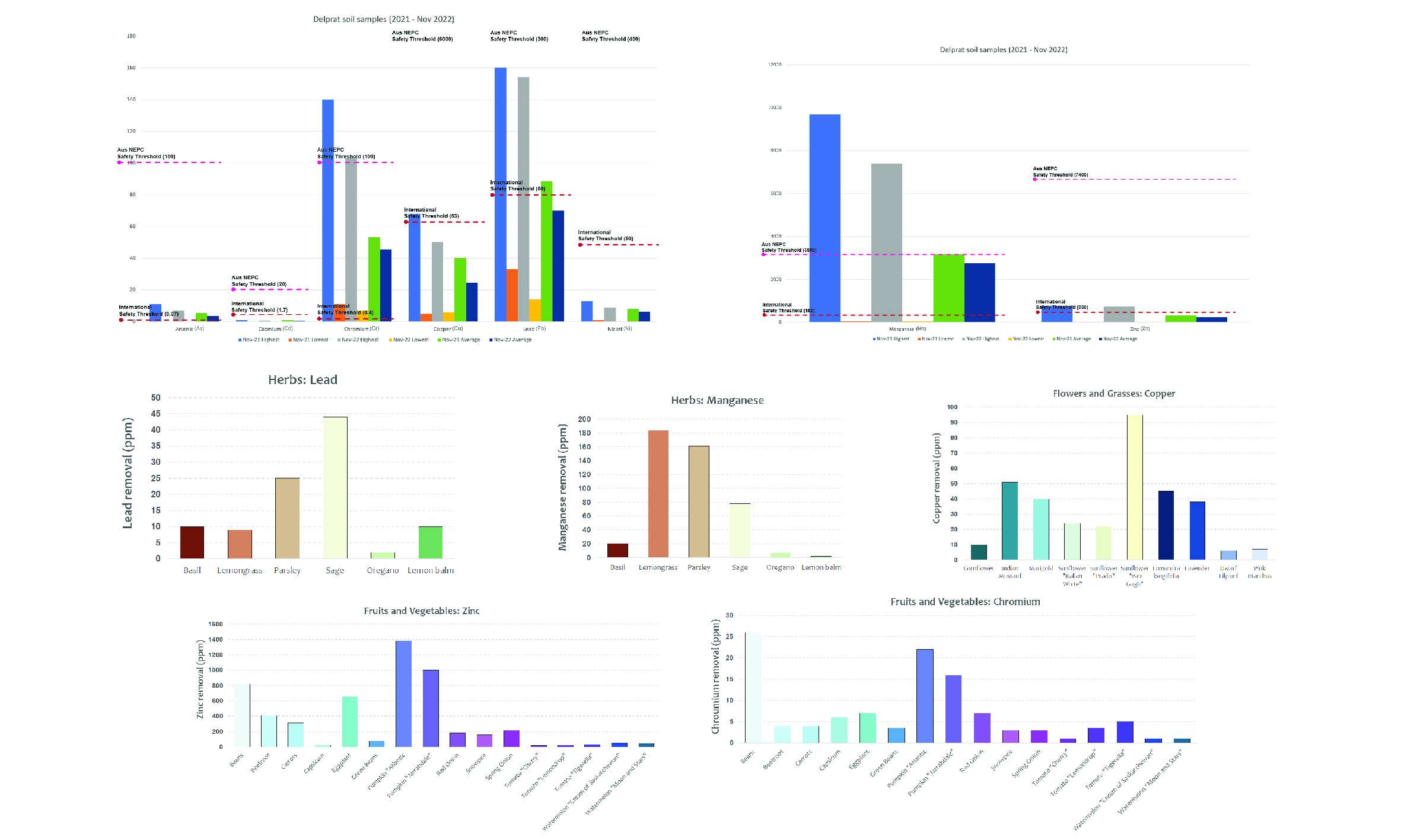
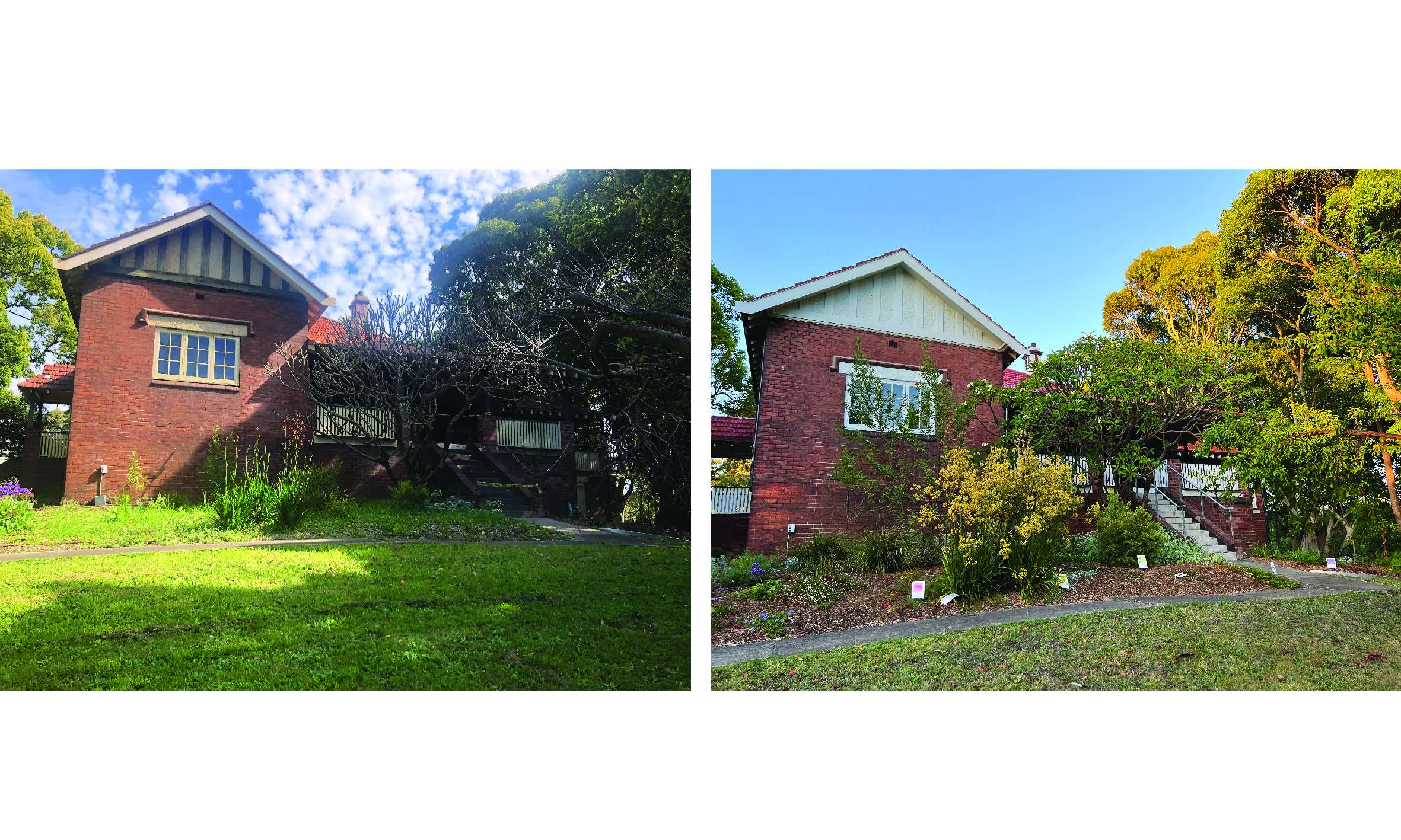
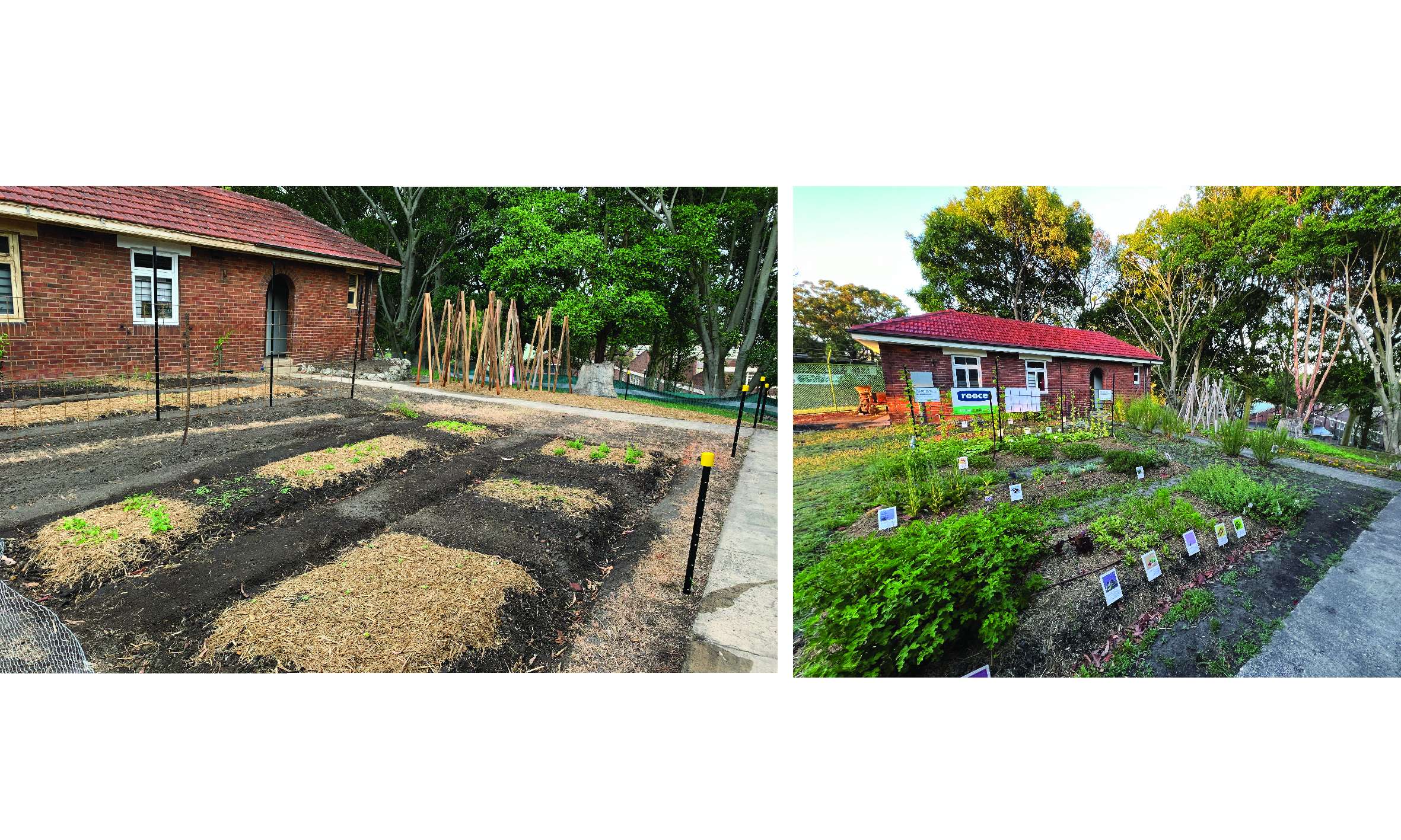
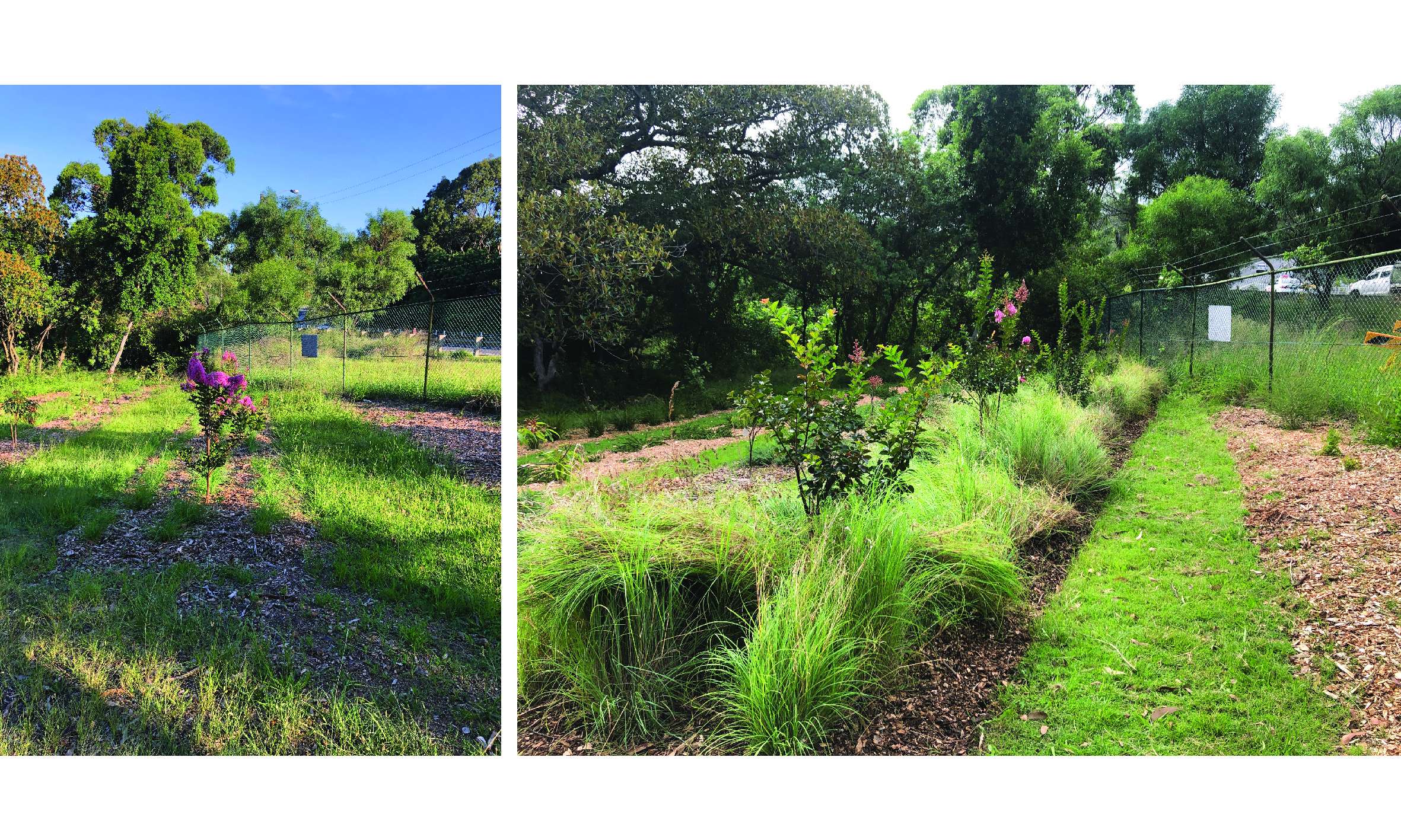
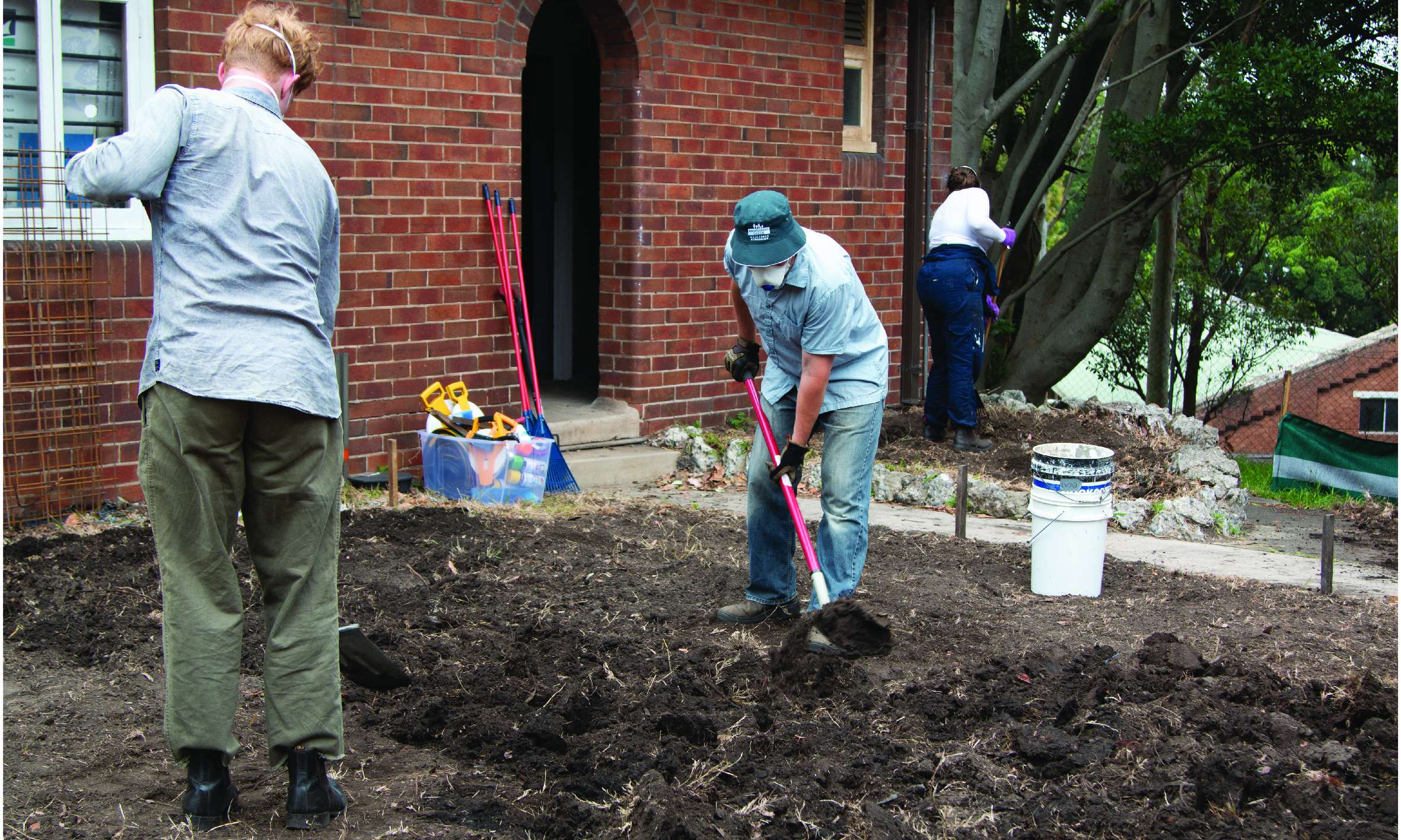
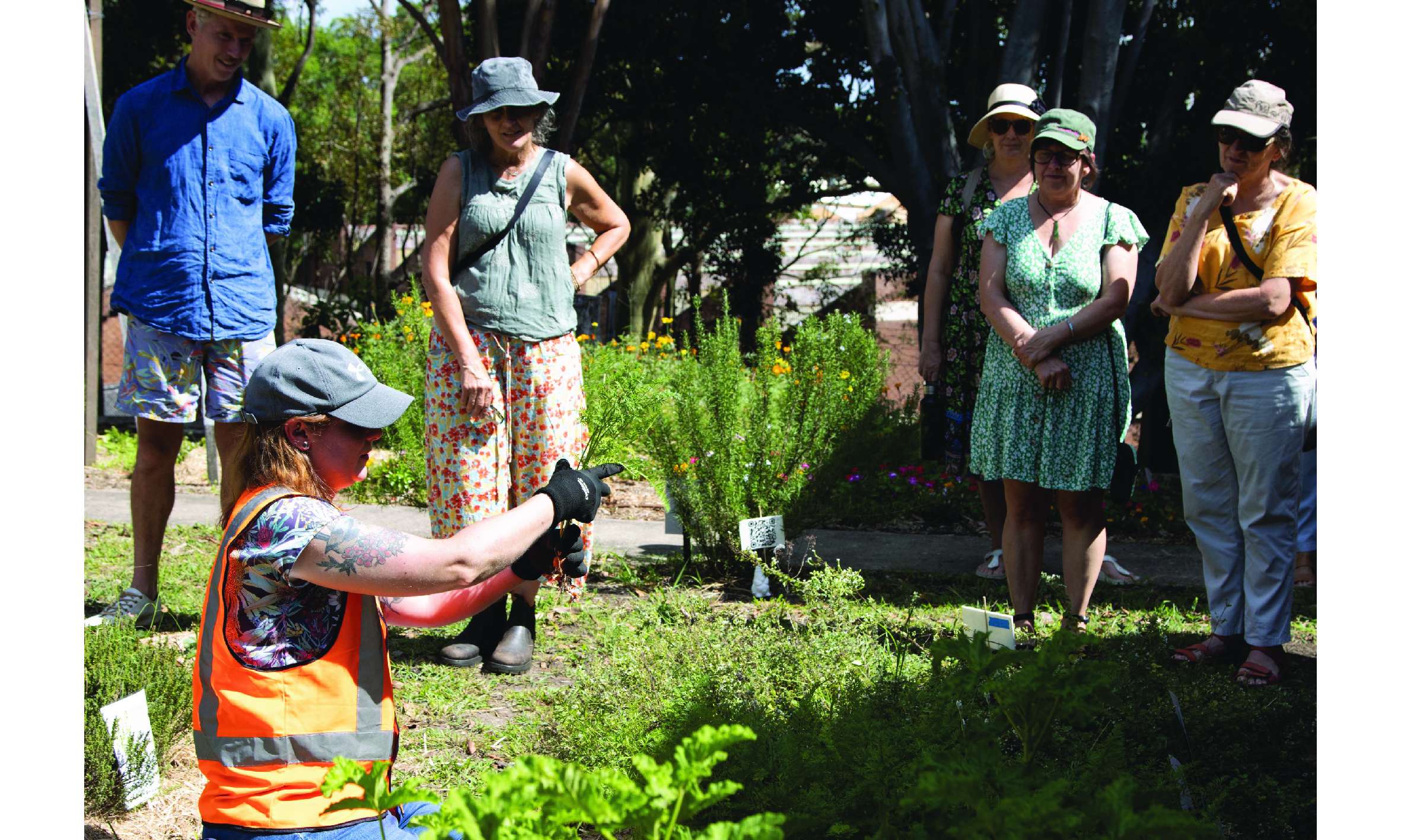
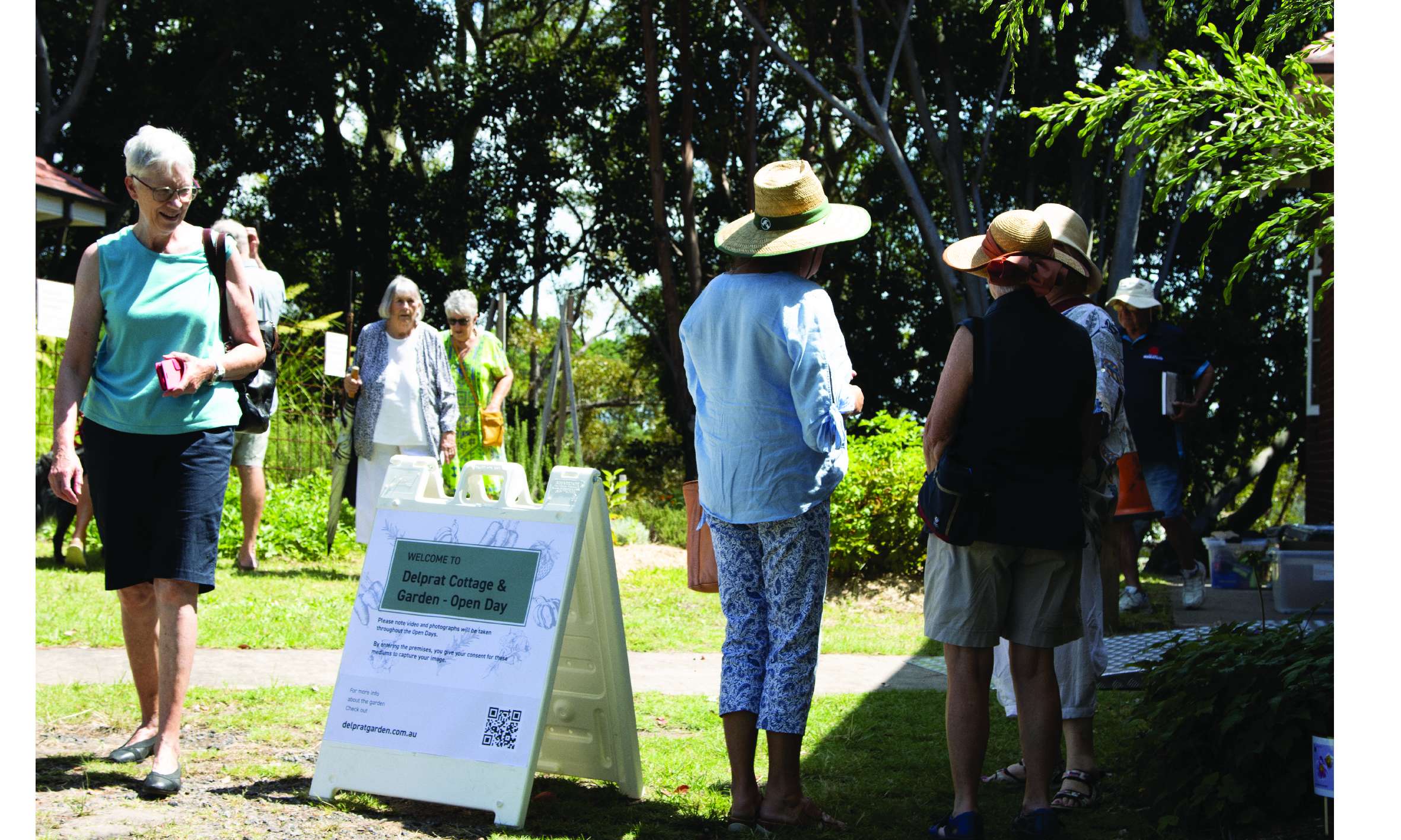
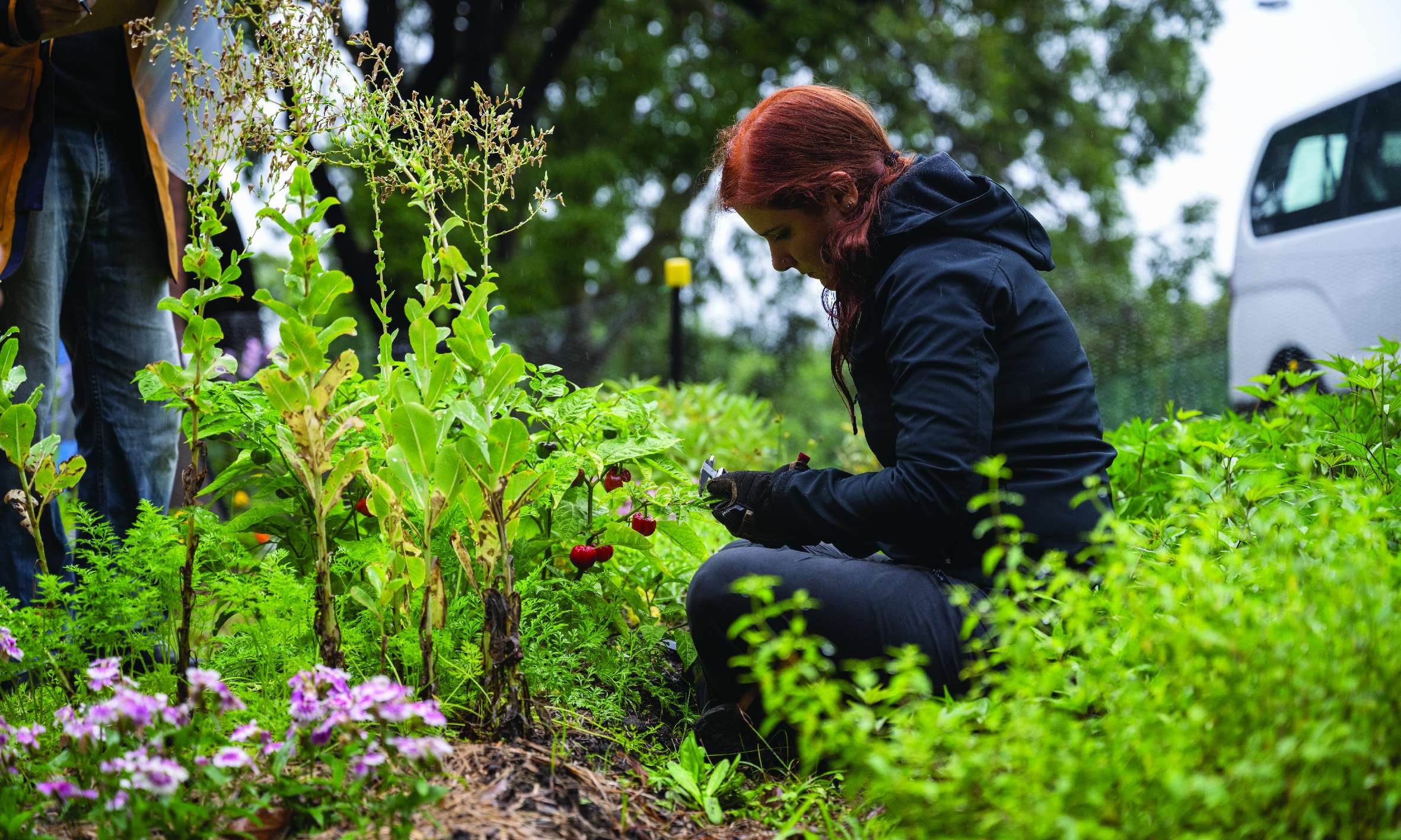
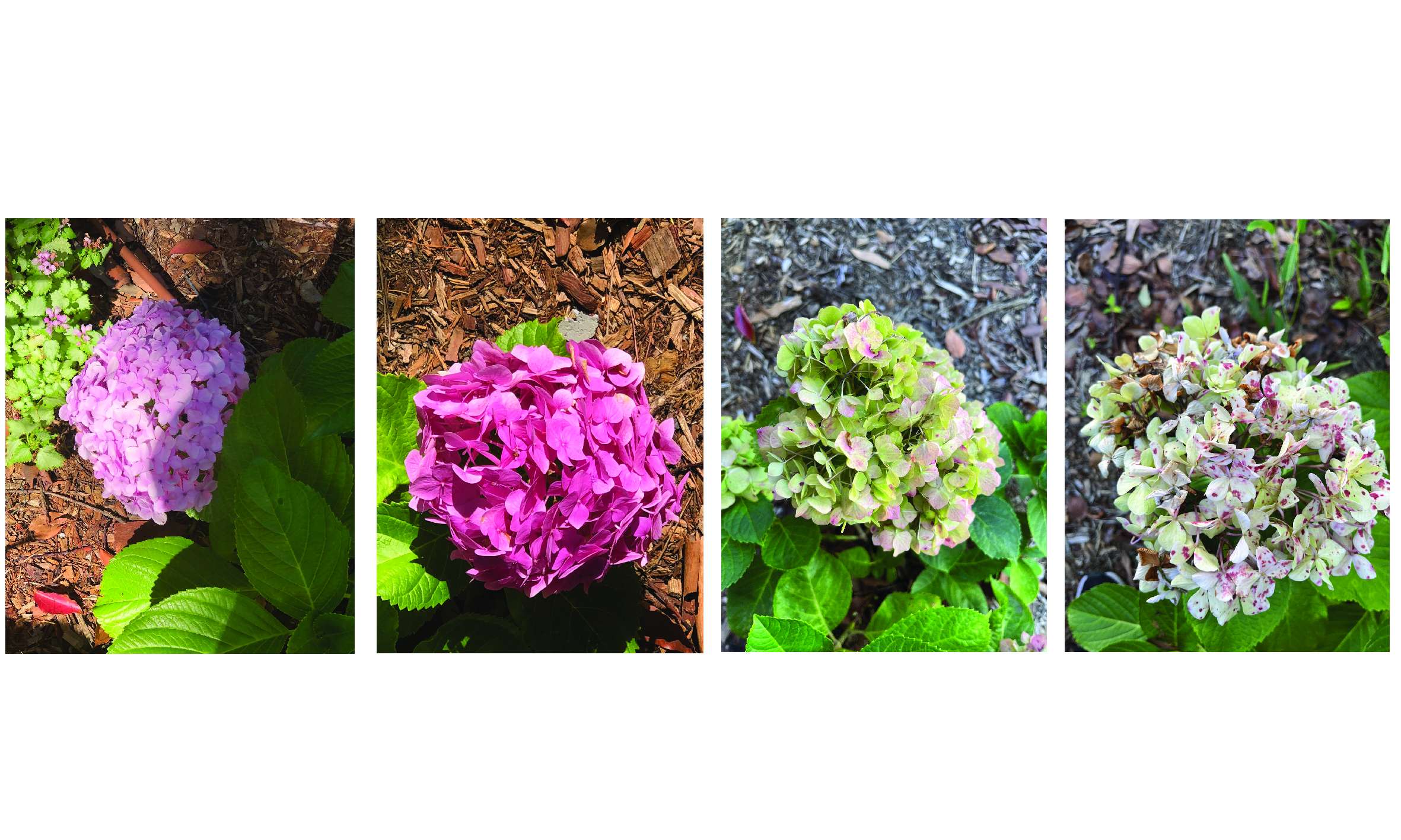
Delprat Cottage and Garden
Delprat Cottage and Garden
Delprat Cottage and Garden
Post industrial sites proliferate across Australia. Neglected, contaminated wastelands, toxins seeping into earth and ground water. Situated on the fringes of the former BHP Steelworks, a dedicated design team is using plants to cleanse and remediate Delprat Cottage and Garden, a large range of toxins remaining in the contaminated soil after decades of heavy industrial use.
This unique experimental biotechnical design project reinstitutes regimes of care by exploring the use of phytoremediation and the ability of plants to absorb and remove toxins from the soil. Using vegetation, composting, and solar energy, this low cost, sustainable process reveals and records new discoveries about the plants’ natural restoration capabilities.
Designed in four parts, each garden typology is sown with varieties of Australian native and exotic species:
- Meadows with annuals grown from seed. A remediation model for low-cost, broad-acre style planting of larger acreage brownfield sites.
- A kitchen garden including vegetables, citrus, herbs, and flowering annuals. Testing implications of toxins absorbed by edible plants and pollinators.
- Orchard/Grove with small trees, ornamental grasses, and ground cover. Longer-term plantings investigating sustained cleansing abilities and resilience, and the potential of future street trees to thrive in toxic soils.
- A cottage garden surrounding the heritage listed cottage. Celebrating texture and colours of native plants in curated compositions inspired by adjacent neighbourhoods, and Edna Walling’s gardening ethos. Toxin extraction is tested through the seasonal life cycles of the plants.
Delprat Cottage and Garden is a testament to nature’s resilience and cyclicality, converting an unused space into a living laboratory activated with designers, scientists, researchers, school children, garden clubs, and the public through site visits and events. This significant research and the gardens impact thus far are ground-breaking in terms of native Australian plant species and their phytoremediation properties with the meadows now meeting Australian standards due to the successful reduction of dangerous toxin levels. The garden celebrates phytoremediation techniques as productive ecologies, restoring degraded land in a low cost, beautiful, expressive and educative manner.
